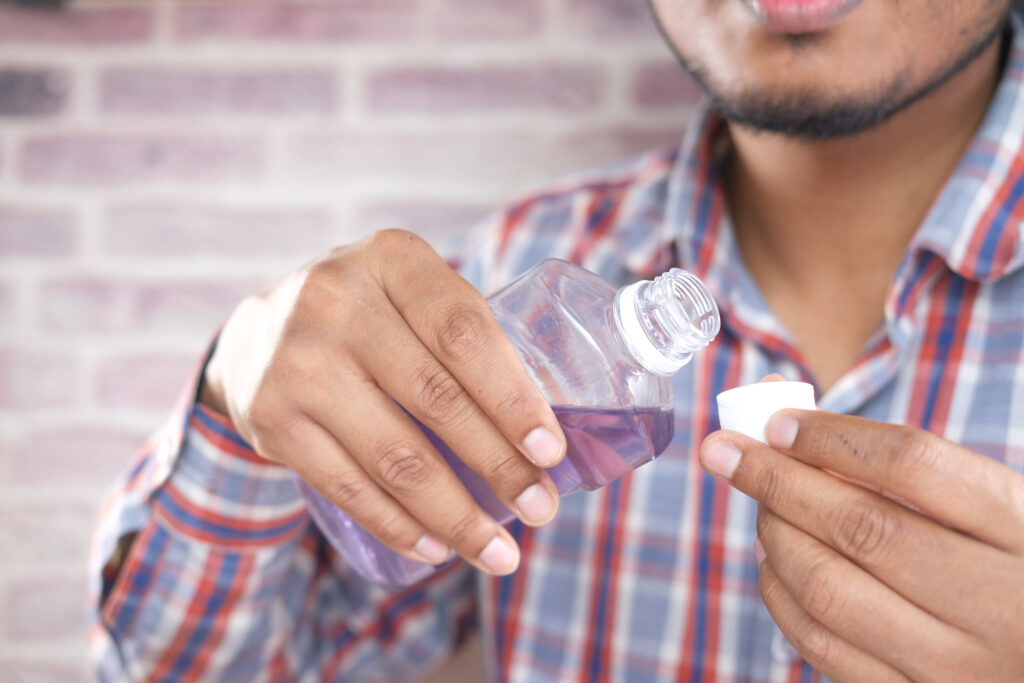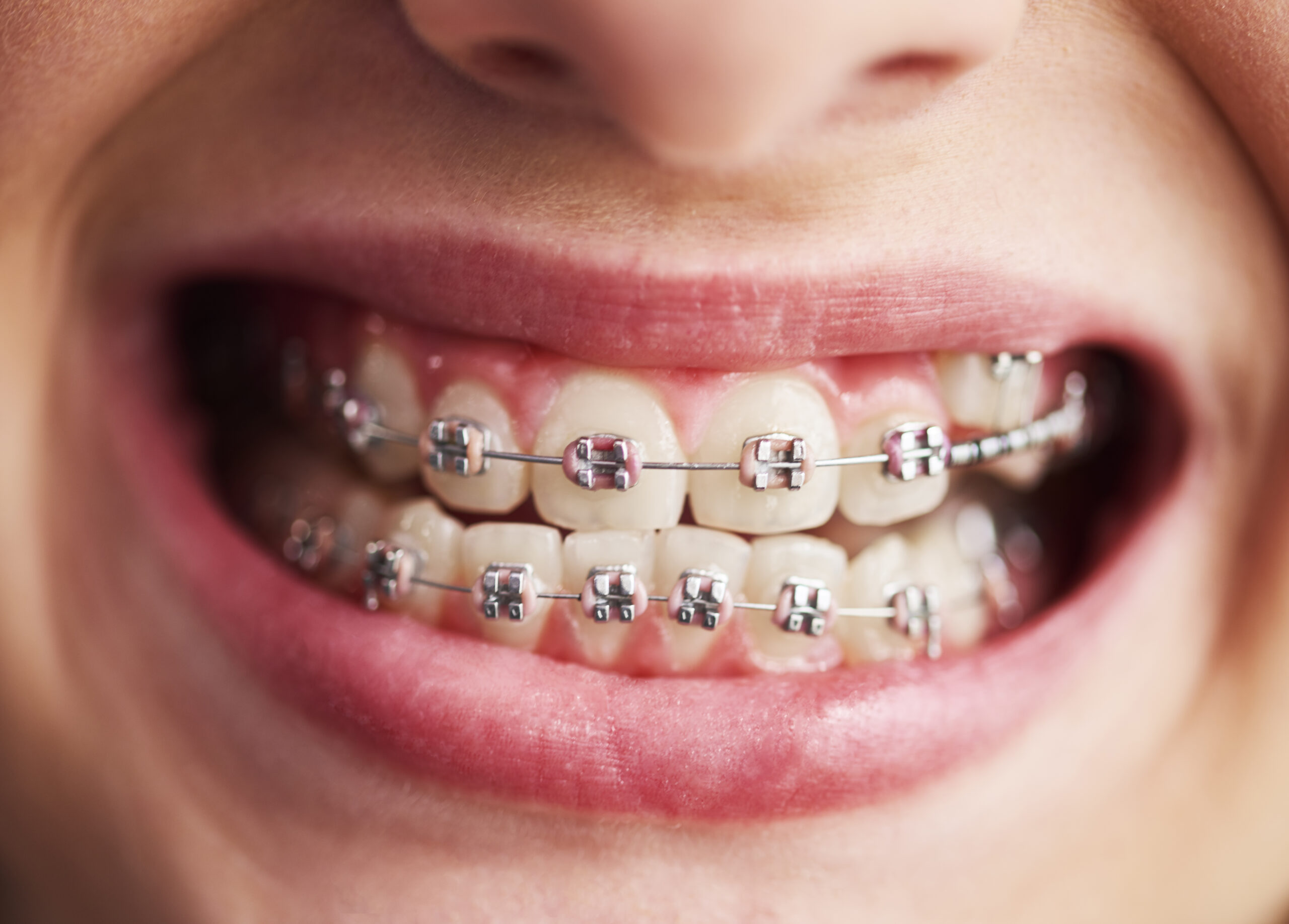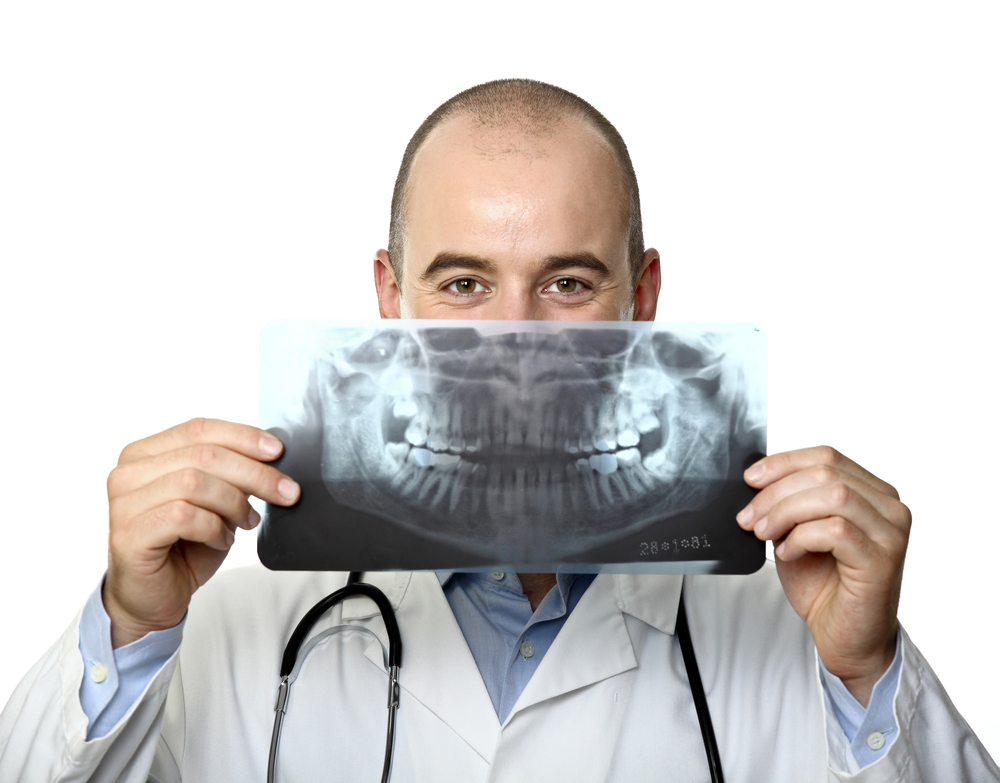We all know braces are an effective orthodontic procedure. They straighten misaligned teeth and relieve jaw pain while giving you a beautiful smile you can be proud to show off. The drawback? Braces can be extremely painful. When you first get them installed, you’ll likely experience pain while you acclimate to the new hardware in your mouth. Patients experience discomfort during and after checkups when your orthodontist tightens and adjusts their braces, causing irritation to new areas.
What Causes Pain With Braces?
Pain with braces is caused by both internal and external factors. Braces work by applying pressure on the teeth over time, this causes increased blood flow, which can make the area more sensitive. Metal brackets and wires rub against the soft tissues of the mouth, which causes irritation and inflammation. Archwires can also rub up against the tissue in the back of the mouth. If irritated areas aren’t kept adequately clean, patients can develop oral sores, which can take weeks to heal.
Luckily, braces have been around since the 1800s, so dental professionals and patients alike have compiled plenty of methods to properly care for braces. Here are 6 ways to avoid and soothe orthodontic pain.

6 Ways to treat and prevent pain with braces
1. Apply orthodontic wax
Your orthodontist will likely provide you with orthodontic wax and instructions on how to use it during your first appointment. Orthodontic wax is typically made from natural ingredients like beeswax or carnauba oil, so it’s safe for oral use. It’s used to protect your soft tissue from the metal hardware in your mouth. Rub this wax on any brackets or wires that are causing irritation in the mouth, it will coat the area and protect the affected area, giving it time to heal.
2. Numb with icepacks or cold water
If you’ve ever sprained an ankle or arm, you know the power of icing and pressure. The same goes for your mouth. Applying cold pressure with an icepack will ease discomfort and inflammation. If you are in a rush, drinking cold water can alleviate pain and numb sensation in the mouth.
3. Use pain medications
We’ve all heard that ibuprofen is a miracle drug. Well, in this case, there’s no exception. During the first few weeks of having braces, it’s wise to take over-the-counter pain medication to alleviate any growing pains you may experience. Once your mouth adjusts to the foreign hardware, you should be able to stop taking these medications. You can also use oral anesthetics. These are typically sold in liquid or gel form and can be applied orally to numb any painful areas.
4. Use an Oral Rinse
You don’t want any irritation to potentially develop into those nasty sores we mentioned before. Using an antibacterial mouthwash or rinse can help keep your mouth free of bacteria.
5. Diet Choices Matter
No chips, no hard candy, no popcorn. Repeat it back to yourself. It can be hard to stick to a strict diet, but with braces, diet choices really do matter. Before you get your braces installed, be sure to stock up on soft braces-friendly foods. Make a trip to your local supermarket and purchase items like pudding, yogurt, oatmeal, or soup. If you have these foods on hand, you’re less likely to damage a bracket or overextend your jaw.
6. Rinse with Saltwater
Saltwater is a natural method to soothe irritation and inflammation. Mix a teaspoon of salt with 8 oz of warm water and swish it around your mouth for 60 seconds. This will alleviate pain and prevent infection.

Schedule a Consultation
Back-to-school time will here before you know it, which means back to business. If you are trying to get a head start on your never-ending to-do list this summer, reach out to Greenspoint Dental in Houston. We are orthodontic experts and can streamline the orthodontic process so you or your child can get your braces on before the action starts.


